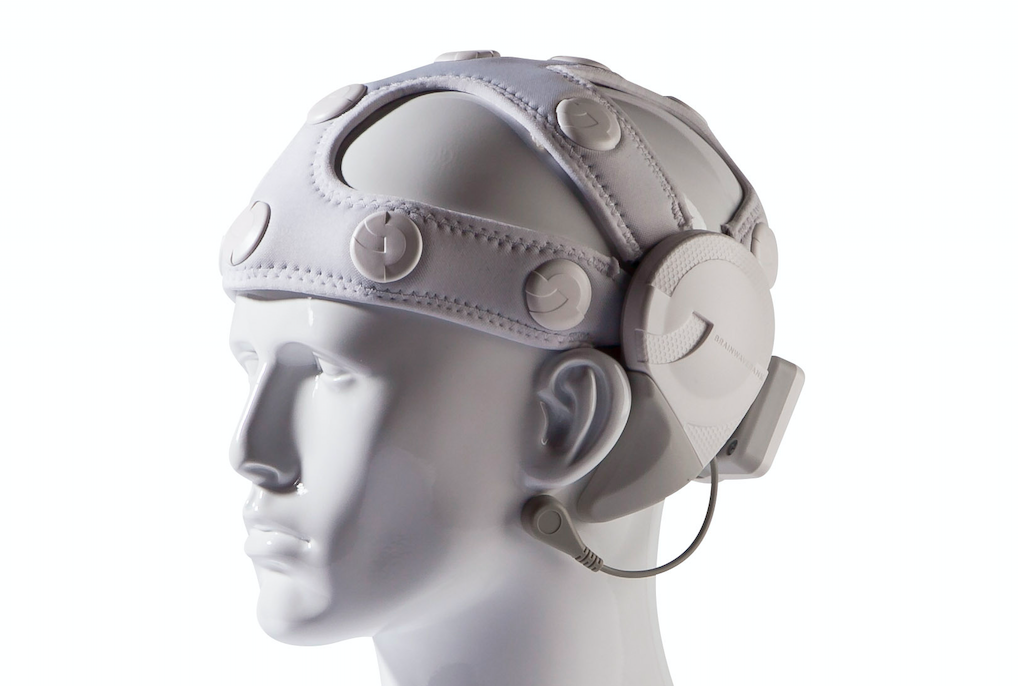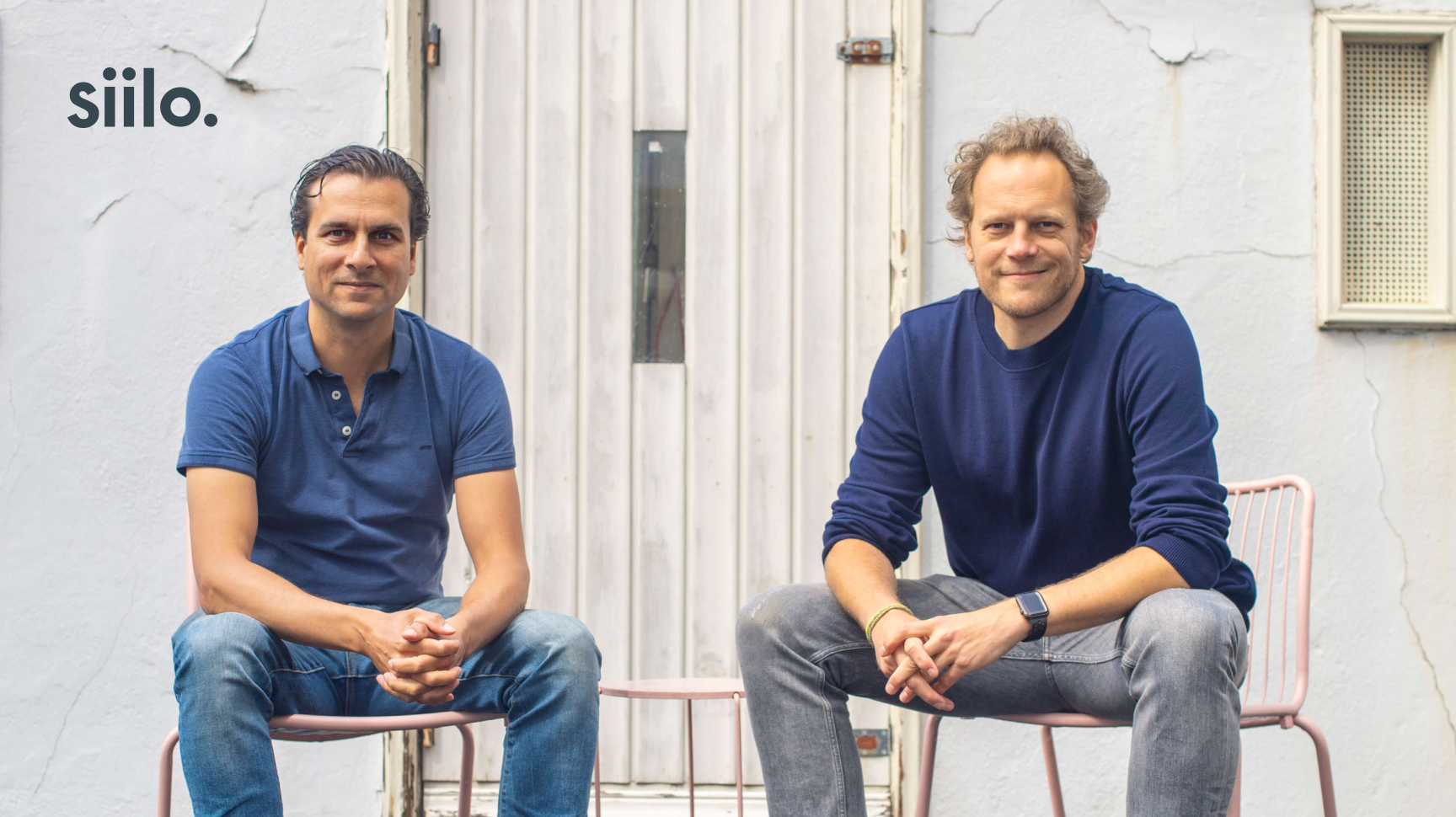Healthtech is booming, which should come as no surprise. Last year investment in the sector jumped $750m from 2019, with a recent Dealroom report suggesting Covid-19 brought “10 years of market evolution in 10 weeks”.
One startup riding the wave of healthcare digitisation is Oxford-based iLoF, which stands for Intelligent Lab on Fiber. iLoF has created the world’s first digital library for the identification of disease biomarkers and biological profiles.
In layman’s terms? They’re creating a database of disease subtypes that pharmaceutical companies can use to make clinical trials up to 70% quicker and 40% cheaper.
Sifted spoke to cofounder and chief operating officer Mehak Mumtaz about personalised disease treatment and how Oxford turns academics into entrepreneurs.
All patients react differently
iLoF was born out of a simple principle — diseases are all different, and so are people. Complex diseases shouldn’t be treated as a single entity, so patients should receive personalised treatment.
“The current blockbuster approach to drug development assumes that all patients with a particular condition respond similarly to a given drug, so all patients with the same condition receive the same first-line treatment even though it might only be 30% to 60% effective,” says Mumtaz.
One disease may have many different forms — subtypes — and based on these treatments need to be tailored in order to improve how we treat the disease.
Diseases come from an incredibly complex interaction of our unique biochemical, physiological, environmental and behavioural profiles. These vary between patient to patient, but also within individual patients as they age and their body changes, explains Mumtaz.
“One disease may have many different forms — subtypes — and based on these treatments need to be tailored in order to improve how we treat the disease,” she adds.
This is where iLoF comes in. Its cloud-based platform works by collecting a few drops of blood from patients which are then used to create personalised biological profiles of different disease subtypes. These are then uploaded to its virtual database, which acts as a digital library for fingerprints of neurodegenerative diseases.
This database can then be used to select different profiles on patients for clinical trials, making testing more efficient and speeding up the development of new treatments. To date, iLoF has focused its technology on Alzheimer’s disease, building partnerships with biobanks, pharmaceutical companies and academic research teams.
Over the course of the pandemic, iLof’s team pivoted to developing a model that can classify Covid-19 infections, allowing them to test whether individuals are asymptomatic and predict the severity of the disease. In the future, iLoF aims to expand its digital library of data into other brain diseases, revolutionising personalised treatment in patients with brain tumours and Parkinson’s disease, among others.
“Our goal is to become the smart platform that democratises access to personalised medicine for millions of people living with complex diseases around the globe,” says Mumtaz.
Our goal is to become the smart platform that democratises access to personalised medicine for millions of people living with complex diseases around the globe.
Made in Oxford
Founded in 2019, iLoF’s team of 16 employees is split between Porto, Portugal and Oxford, UK. Mumtaz met her cofounders — CEO Luis Valente, chief technology officer Joana Paiva and chief science officer Paula Sampaio — while participating in EIT Health’s Wild Card programme, which helps researchers and scientists commercialise their ideas. After completing the 10-week programme, iLoF secured €2m investment from EIT Health to take the venture full-time.
Mumtaz is a long-time champion of Oxford as iLoF’s UK base; having completed her undergraduate and postgraduate degrees at the University of Oxford, she also worked alongside spinout incubator Oxford University Innovation. In November 2019, she set up the commercial arm of iLoF at the Oxford Foundry after being accepted onto its L.E.V8 accelerator programme, with the research and development team remaining in Porto.
“Oxford has one of the best research ecosystems and is a hotbed for biotech and healthtech startups. Being an Oxford Foundry company has helped us get embedded into the local entrepreneurship circle, with access to support, mentorship and clients,” she says. “The best part is that everything is in a five-mile radius, which really fosters interaction.”
Mumtaz cites network hub Enterprising Oxford, Said Business School and early-stage venture fund Oxford Sciences Innovation (OSI) as examples of the support the city provides entrepreneurs from idea to founding. She cites OSI as partly responsible for the rapid growth in spinouts from the university; in the five years since its founding, more than 80 companies have been created at a rate three times higher than in the previous 20 years.
Commercialising academic ideas
Mumtaz also credits Oxford University Innovation with creating an environment that helps academics become entrepreneurs.
“As an academic, navigating the commercialisation process can be tricky if you don’t have previous experience. Having experts who can guide and support you through IP, financing and business plans is super helpful for budding scientific entrepreneurs,” she says.
iLoF’s growing profile has seen it gain support both nationally and internationally. In 2020, it was selected to take part in Google for Startups’ 12-week UK immersion programme, which Mehak says was instrumental in guiding their “technical roadmap” in the early days: “We had access to world-class experts who supported us on all aspects from ML to planning our cloud infrastructure to product and mapping user journeys."
Last year, iLoF was named one of CB Insights’ top 150 global digital health startups, and it also secured a further $1m in funding from Microsoft’s venture fund M12, Mayfield and Melinda Gates’ Pivotal Ventures after winning its Female Founders competition.
But Mumtaz still sees Oxford as the best place for iLoF, and other startups, to gain business knowledge and insight.
“Whatever stage you are, whether you’re just exploring entrepreneurship, looking for feedback or wanting to grow and scale, there are multiple actors with experience and support at Oxford,” she says.
As an academic, navigating the commercialisation process can be tricky if you don’t have previous experience.
“It’s about making the most of the university’s resources, seeking out other founders and learning from what others have done. Above all, it’s about enjoying the ride. This is one of the most exciting and fun things you can do, so enjoy it.”
This is the sixth article in our ‘Local Heroes’ series, where we explore ecosystems and startup communities outside of London through the eyes of founders. You can read the previous article in our series here, which is about how Wales-based Surple puts the office on power saving mode.
Find out more about the Google for Startups UK Immersion programme and startups here.



